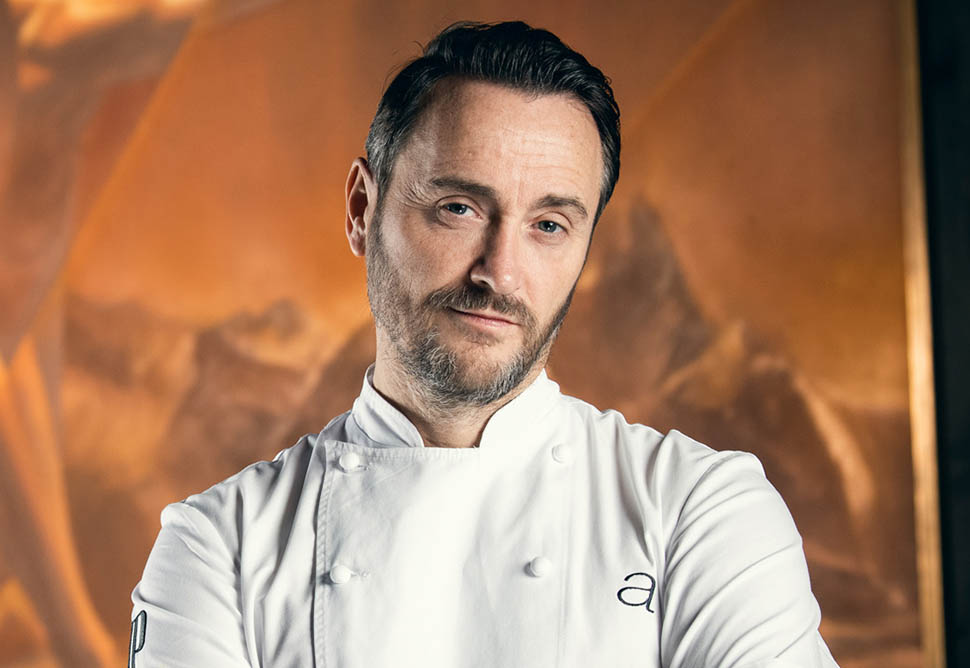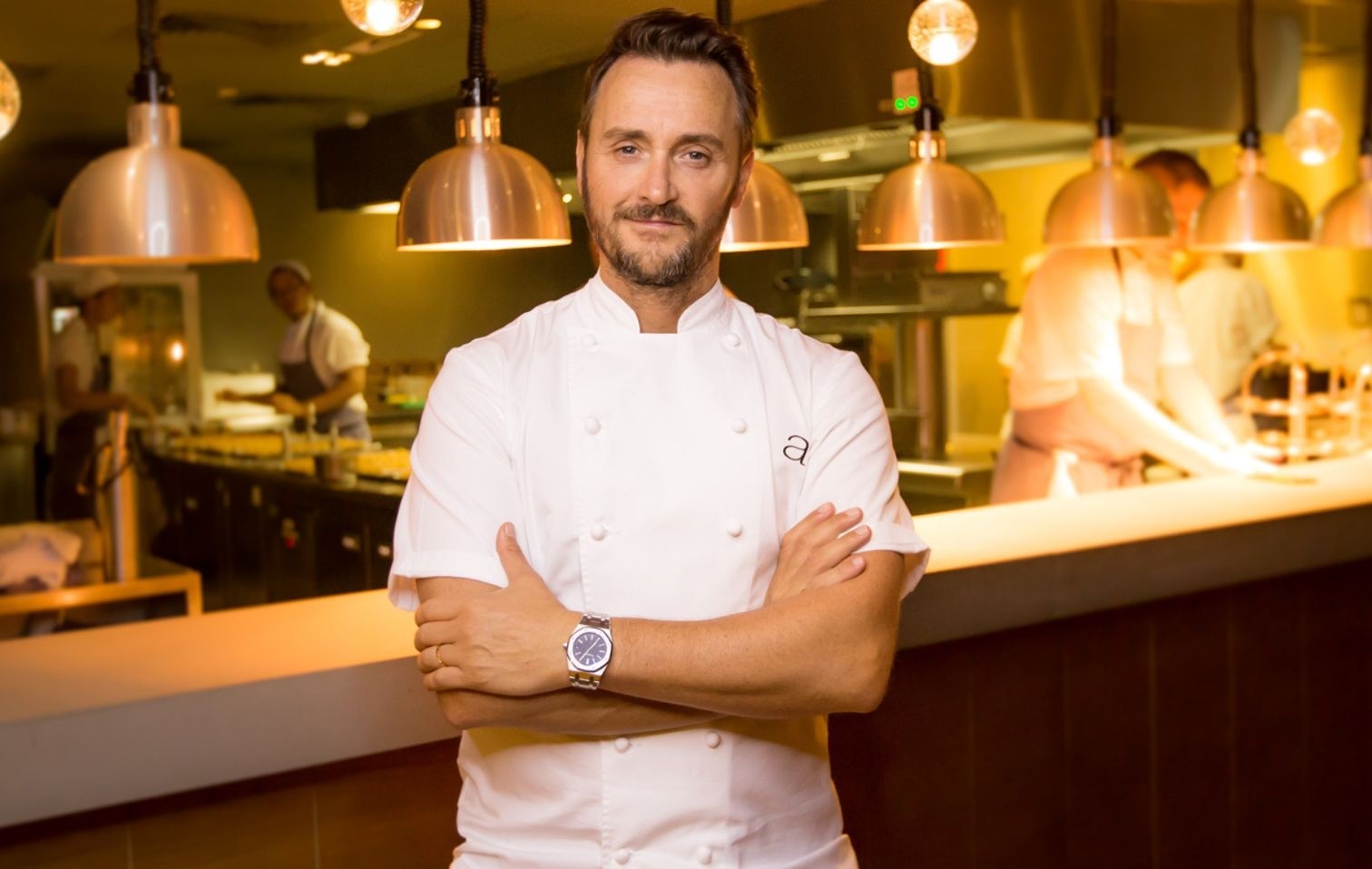In our times torn apart by continuous emergencies, many have wondered: is there still room for fine dining? Despite the celebrated closures echoed by tabloids, it really seems so.
The opinion
In the series of misfortunes that have overwhelmed the happy oasis of food, from pandemic closures to international wars, inflation to crazy bills, to the exodus of skilled labor, the recurring question has been: which segment will suffer the most? Some said fine dining (but the rich have never been richer), others the middle and lower class, due to the crisis of the middle class and smart working.

Responses continue to come from the real world: for example, Deanes EIPIC, a Michelin-starred restaurant in Belfast, has just announced its closure due to unbearable economic problems. Chef Alex Greene blamed the spiral of costs now out of control, but the intention is to restart with a new concept, centered on the quality/price ratio. Earlier in the year, René Redzepi closed his Noma, announcing a Noma 3.0 promising it will take the form of a full time laboratory for the creation of dishes and products destined for the Noma Projects e-commerce. Shutters down also for David Chang's Momofuku Ko and the Michelin-starred Contra in New York, due to the turbulence of an increasingly volatile market. But is it really the end for fine dining?
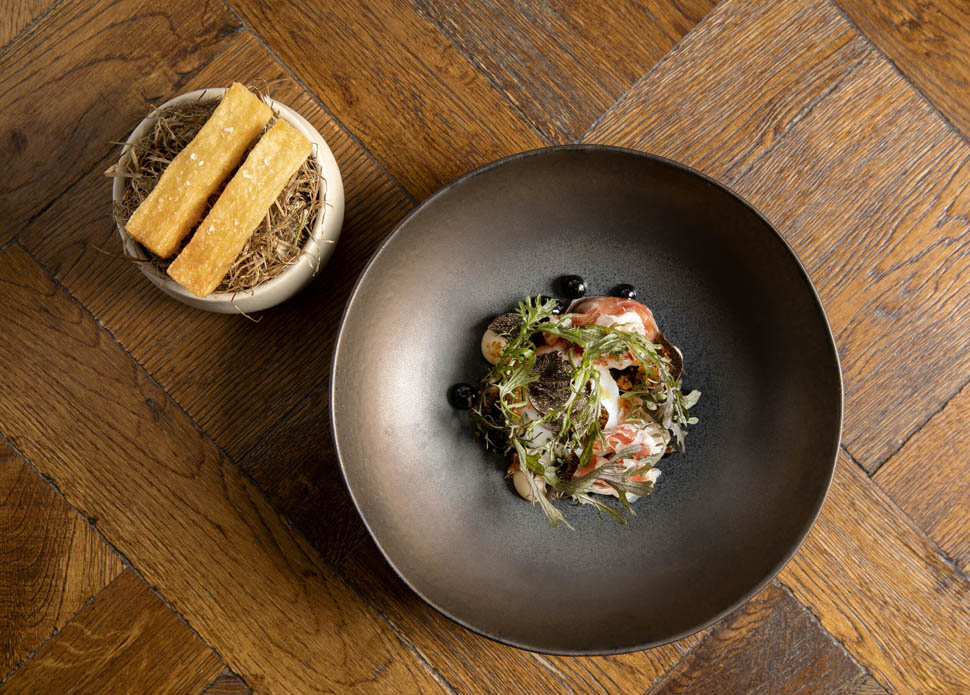
Not according to Jason Atherton, chef of City Social in London and Dubai, for whom it's just seasons that come and go. "At 52, I've been through recessions, inflation crises, financial crises, Brexit, and much more. Despite all this, Michelin-starred venues have never ceased to exist. People love to indulge in these places, it's a luxury, like haute couture," he explains to thenationalnews.com.
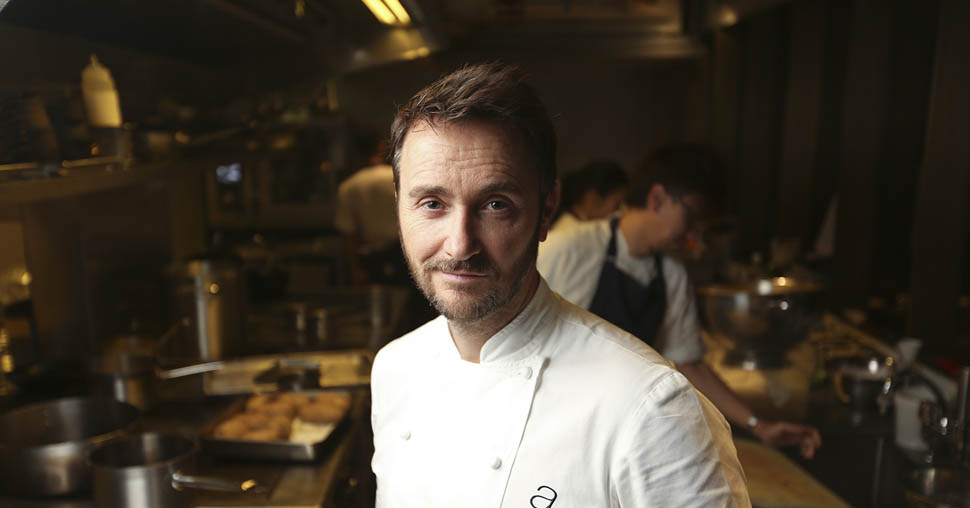
In his view, it's about finding the right formula for the right business model. For example, by reducing the size, so his new fine dining in Dubai offers only 22 seats. This way, it's also easier to ensure consistency in execution and raw materials. Attention to supplies must become even more relentless to contain expenses without compromising quality.
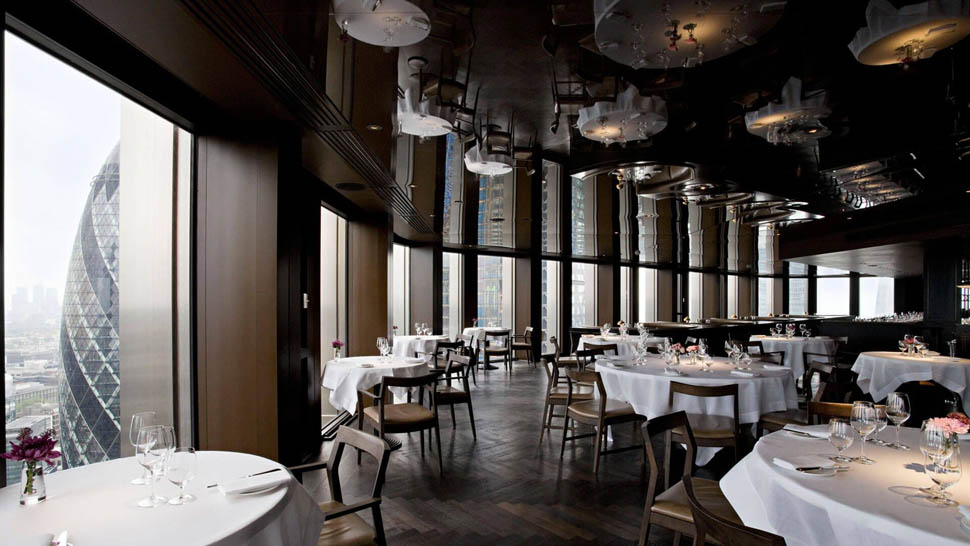
Some even complain about not receiving a salary for an entire year: Soleman Haddad, chef patron of Moonrise, a 12-seater omakase-style restaurant in Dubai, lived off his savings, seeking to stretch the budget to its limits. Even owners cry, in short, but they hardly regret it, since a Michelin star can be the best investment for the future. And fortunately, his has arrived.
